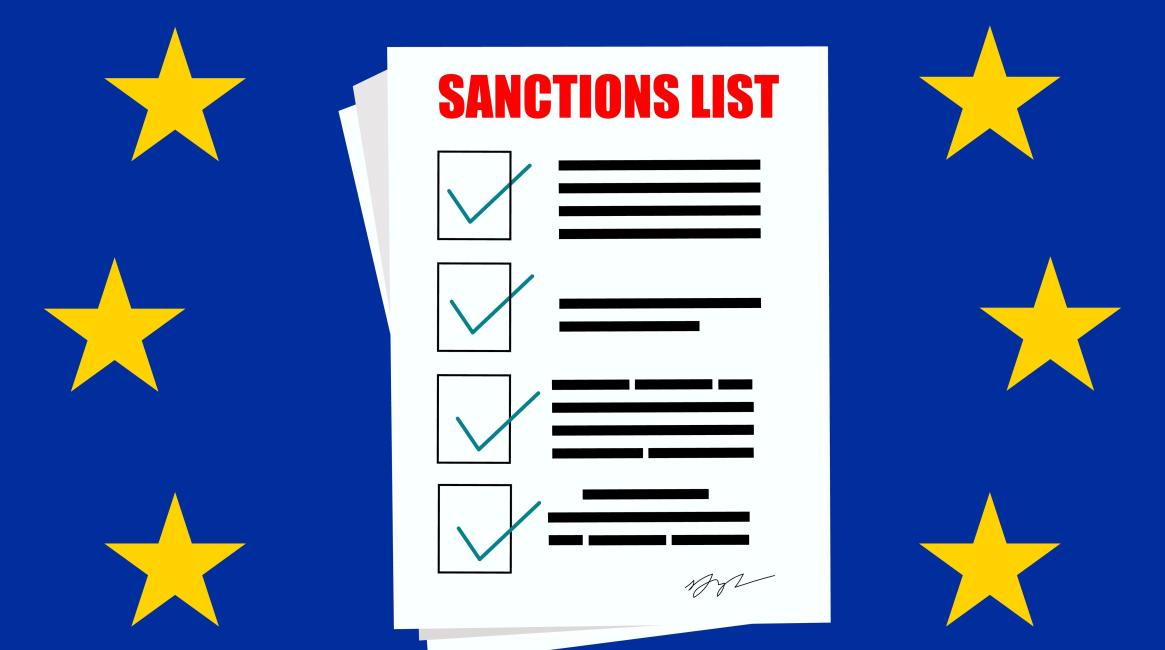We would like to inform you that on 25 February 2023, the Council of the European Union adopted the tenth package of sanctions against Russia, aimed at tightening existing sanctions.
InsightsPublications
The tenth package of EU sanctions to the Russian Federation

We would like to inform you that on 25 February 2023, the Council of the European Union adopted the tenth package of sanctions against Russia, aimed at tightening existing sanctions.
Among the various novelties emerging from the new sanctions package, we would like to point out the following:
LIMITATIONS ON INDIVIDUALS AND ENTITIES:
The EU Council, by Regulation (EU) No. 429/2023, amending EU Regulation No. 269/2014, added approximately 120 individuals and entities to the Sanction List. Restrictive measures against these individuals include the freezing of assets and a ban of making available funds and economic resources.
In addition, EU Regulation No. 427/2023 intervened by amending Annex IV of EU Regulation No. 833/2014, determining the expansion of the list of entities providing direct support to the Russian military and industrial complex. Specifically, 96 entities were added to the list, bringing the total number of sanctioned military end-users to 506.
RESTRICTIONS ON GOODS:
Expansion of bans on the export of goods:
With the aim of depriving Russia of particular goods that possibly could be used for war purposes, a ban on the export of the following categories of goods was introduced:
- particular vehicles that hadn’t previously been restricted (e.g., goods transport vehicles, semi-trailers, snowmobiles etc.);
- electric generators, binoculars, radar, compasses etc.;
- construction goods (e.g., bridges and sliding beams, cranes etc.;
- goods necessary for the operation and upgrading of Russian industrial capacity (e.g., metal working machinery);
- complete industrial systems (excluding those for the production of food and beverage goods as well as drugs, medicines and medical devices);
- goods used in the aviation industry, such as turbojets.
Update of bans on the import of goods into the European Union:
The EU Council has introduced a definition of the term "import" in order to simplify customs procedures related to these goods, and introduced additional categories of goods subjected to import bans in EU member countries (e.g. carbon, synthetic rubber etc.).
Concerning the expansion of export bans and import bans on certain goods in the EU, a temporal safeguard clause has been specified, according to which the bans don’t apply to the execution of contracts concluded before 26 February 2023 and to ancillary contracts necessary to give effect to them until 27 May 2023.
To export goods and products in accordance with the EU regulations as recently amended, we remind you that merely consultation of the Annexes referred to in the European regulations or other blacklists is not sufficient, but it is necessary to perform a circumscribed and specific due diligence activity, both objective and subjective.